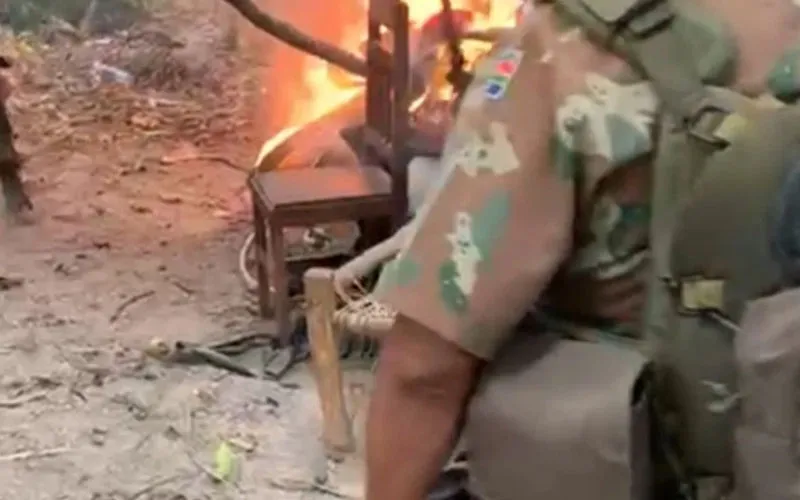Maputo, 18 January, 2023 / 9:21 pm (ACI Africa).
The Catholic humanitarian foundation, Denis Hurley Peace Institute (DHPI), has described a video that depicts soldiers burning bodies in Mozambique as an extreme level of brutality.
In the widely circulated video, soldiers suspected to be from the South African National Defence Force (SANDF) can be seen throwing bodies into a burning pile of rubbish in Mozambique.
Two of the soldiers have the South African flag on their shoulders. The matter is still under investigation to find out whether they are SANDF. Some of the bodies being burnt are in civilian clothes.
“This is a video of extreme brutality which at the very least shows contraventions of the Geneva convention. It says that every dead person should be accorded a dignified burial,” DHPI Director, Johan Viljoen, says in an interview with the Africa Service of Vatican Radio.
According to the DHPI official, soldiers’ brutality vindicates the Church which he says is constantly speaking against a military solution to the Cabo Delgado crisis in northern Mozambique.








